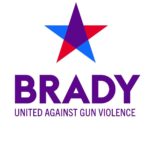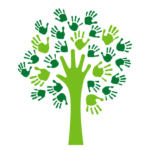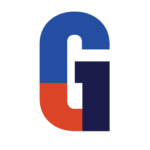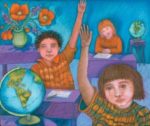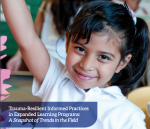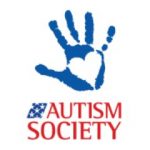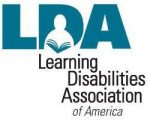Mental Health
The Coalition to Stop Gun Violence develops and advocates for evidence-based solutions to reduce gun injury and death in all its forms. CSGV’s guiding principle is simple: We believe gun violence should be rare and abnormal. We pursue this goal through policy development, advocacy, community engagement, and effective training.
In getting the bipartisan Brady Law passed in 1993, Jim and Sarah Brady accomplished the inconceivable. But there’s more work to be done — and only when we work together will we solve this problem. In order to do that work, we must accept these three truths about America’s gun violence epidemic: 1) Gun ownership demands responsibility; 2) Those empowered to do so must uphold existing gun laws; and 3) Gun violence is a uniquely American problem that impacts all races and ethnicities in the country, but nonetheless exacts a particular toll on Black and Brown communities.
Sandy Hook Promise is a national nonprofit organization founded and led by several family members whose loved ones were killed at Sandy Hook Elementary School on December 14, 2012. Based in Newtown, Connecticut, our intent is to honor all victims of gun violence by turning our tragedy into a moment of transformation. By empowering youth to “know the signs” and uniting all people who value the protection of children, we can take meaningful actions in schools, homes, and communities to prevent gun violence and stop the tragic loss of life.
Giffords is a leader in the movement to end gun violence in America. Led by former Congresswoman Gabrielle Giffords, our team brings decades of political, legal, and policy expertise to the fight for gun safety. Our efforts shift culture, mobilize voters, and challenge injustice.
Nearly 40,000 people die from gun violence in the US every year. This uniquely American crisis leaves no community untouched—but it doesn’t have to be this way. From universal background checks to community-based violence intervention strategies, we know that there are proven solutions that will make our country safer. In statehouses and courthouses across America, we’re taking on the gun lobby and winning. Since the tragedy at Sandy Hook in December 2012, we’ve helped pass more than 350 gun safety laws in 45 states.
Gun violence is a complex problem, and ending this epidemic will require a wide range of solutions. We’re committed to seeing this fight through, until the promise of a safe and just country is a reality for every person and community in America.
Helping Traumatized Children Learn is the result of an extraordinary collaboration among educators, parents, mental health professionals, community groups, and attorneys determined to help children experiencing the traumatic effects of exposure to family violence succeed in school.
This page lists the phone numbers of all the organizations you can call for support during the COVID-19 pandemic. There are hotlines for youth and teens, veterans, first responders and law enforcement, older Californians, deaf and hard of hearing individuals, services for substance use disorders, LGBTQ individuals, suicide hotlines, and more.
Widespread stress and anxiety regarding COVID-19, compounded by the economic distress due to lost wages, employment and financial assets; mass school closures; and necessary physical distancing measures can result in an increase of stress-related health conditions. The California Surgeon General has a simple guide with things you can do every day, at home, to help support your mental and physical health, utilizing six key strategies.
Trauma-Resilient Informed Practices in Expanded Learning Programs: A Snapshot of Trends in the Field
The mission of the Region 11 Expanded Learning Technical Assistance Unit is to build and strengthen the Expanded Learning Programs’ (ELPs’) capacity to develop, implement, and sustain high-quality year-round programming (before school, after school, intersession, and summer).
About LA’s BEST Afterschool Enrichment Program
LA’s BEST Afterschool Enrichment Program plays a vital role in the lives of more than 25,000 unique and talented elementary school students who come from neighborhoods with the fewest resources and the greatest needs. LA’s BEST engages children creatively, emotionally, intellectually, and physically, empowering them to explore and discover the opportunities in their lives. We inspire and prepare children to create lives full of choices
The Autism Society is the nation’s leading grassroots autism organization. We work to increase public awareness about the day-to-day issues about people across the spectrum, advocate for appropriate services for individuals of every age, and provide the latest information regarding treatment, education, research, and advocacy.
The IDEA Partnership reflects the collaborative work of more than 50 national organizations, technical assistance providers, and organizations and agencies at state and local level.
LDA’s mission is to create opportunities for success for all individuals affected by learning disabilities and to reduce the incidence of learning disabilities in future generations.
The Council for Learning Disabilities (CLD) is an international organization composed of professionals who represent diverse disciplines, is committed to enhancing the education and quality of life for individuals with learning disabilities across the lifespan. CLD accomplishes this by promoting and disseminating evidence-based research and practices related to the education of individuals with learning disabilities. In addition, CLD fosters (a) collaboration among professionals; (b) development of leaders in the field; and (c) advocacy for policies that support individuals with learning disabilities at local, state, and national levels.

